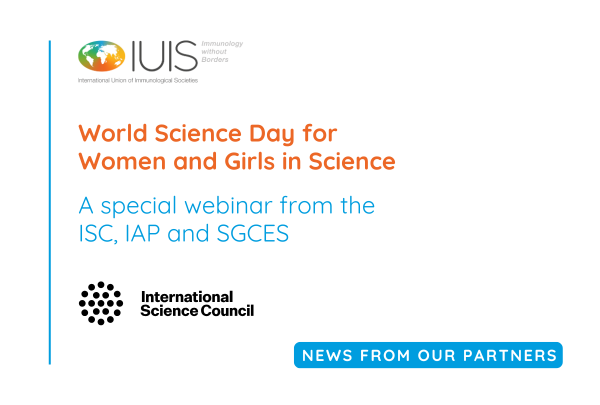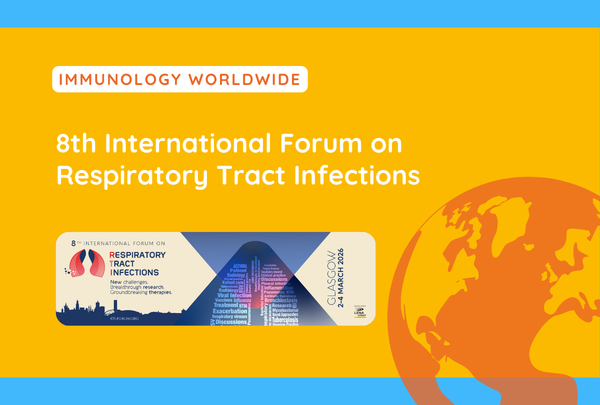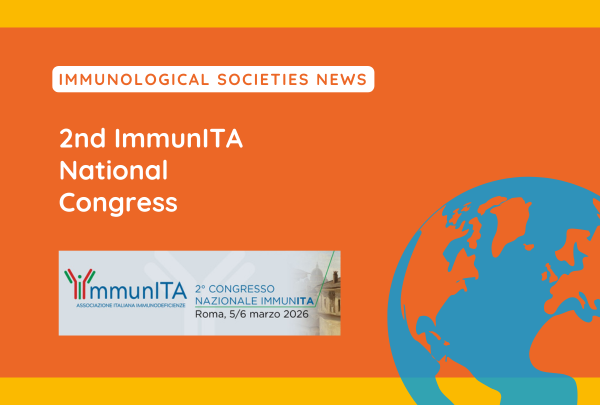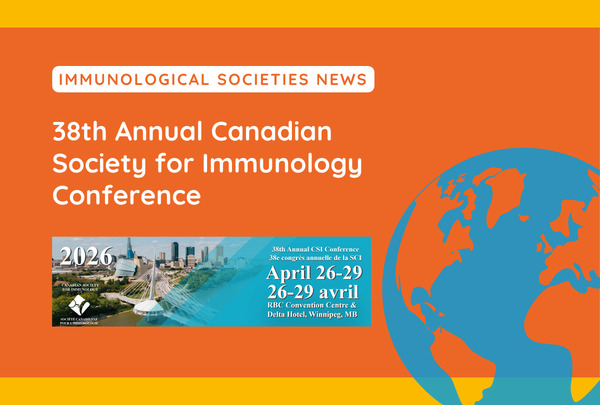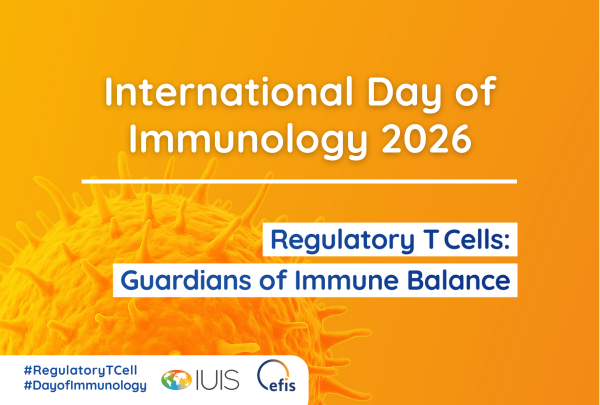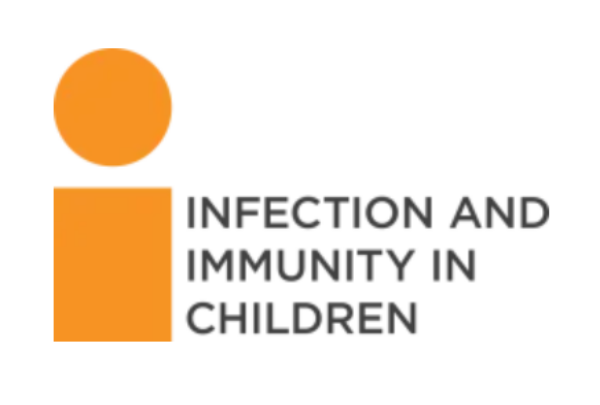
Australia has managed to not just flatten but squash the curve of infections with COVID19 and relatively few people have died. This is as a result of extensive PCR testing starting in late January, informed leadership from our government and regular input to policy from our scientific community. In addition, the establishment of a research network focused on pandemic preparedness back in 2016 led to several pre-approved protocols for observational and international clinical trials that could be activated immediately following the first diagnosis of COVID 19 in Australia.
The work of Sharon Lewin and Katherine Kedzierska on immunity to SARS-CoV2 has demonstrated the breadth of concomitant immune responses associated with recovery in patients with mild to moderate COVID-19 requiring hospitalisation.
Their study showed increased antibody-secreting cells, follicular T-helper cells, activated CD4+ and CD8+ T-cells and IgM/IgG SARS-CoV-2-binding antibodies detected in blood, prior to resolution of clinical symptoms.
These immunological changes persisted for at least 7 days following full resolution of symptoms, indicating substantial anti-viral immunity in non-severe COVID-19. Overall, their work indicates that robust multi-factorial immune responses can be elicited towards the newly-emerged SARS-CoV-2 and early adaptive immune responses might correlate with better clinical outcomes.
Sharon Lewin is the inaugural director of the Peter Doherty Institute for Infection and Immunity. Katherine Kedzierska is Laboratory Head in Department of Microbiology and Immunology, at the Peter Doherty Institute for Infection and Immunity. Roslyn Kemp, Past President of the New Zealand Society for Oncology and Secretary-General of IUIS will moderate the webinar.
Join the webinar: IUIS-Frontiers Webinar Series on COVID-19
